UK universities are under mounting financial pressure. Join HEPI and King’s College London Policy Institute on 11 November 2025 at 1pm for a webinar on how universities balance relatively stable but underfunded income streams against higher-margin but volatile sources. Register now. We look forward to seeing you there.
This blog was kindly authored by Philip Bakstad, Diversity and Inclusion Manager at Liverpool John Moores University.
Chris’s mum died soon after his birth and his dad was out of the picture. He was brought up by his Nan, living with her in her council house. Chris’s Nan passed away while Chris was doing his foundation year at Liverpool John Moores University. The council wanted the house back. Still grieving for his Nan, Chris was at risk of becoming homeless and dropping out of university.
Stories like Chris’ are not uncommon, yet they are at risk of being overlooked as university staff across the country gear up for the return of students each September. More on Chris later…
The start of the academic year is both an exciting and hectic time for students and staff on university campuses across the country. For care-experienced and estranged students (CEES), this time of year often comes with a unique set of anxieties and challenges, as they not only navigate the usual issues around meeting new friends, understanding timetables and deciding which Freshers events to attend, but also transition into new living set-ups which will often now be their permanent home while studying at their new university.
A diversity of experience
The terms ‘care-experienced’ and ‘estranged’ encapsulate a broad range of lived experiences of students who have faced particular challenges related to their family circumstances while growing up. This can include having previously lived in a formal foster care arrangement with a Local Authority; being raised by another family member in kinship care or becoming estranged from their parents after the age of 16.
Much has been done across the sector over the past two decades to address the under-representation of care-experienced and estranged students in higher education, but there remains a great deal of inconsistency. Young people who meet the formal definition of a ‘Care Leaver’ are eligible for a level of statutory support but this varies by Local Authority. For students who do not meet this legal definition but have experience of care or have faced other family disruption, there remains no national benchmark for what key support should be offered by all institutions across the higher education sector.
Organisations such as NNECL, the Unite Foundation and the much-missed charity StandAlone have been invaluable partners as universities have developed Access and Participation Plans and specific interventions to not only improve the number of care experienced and estranged students accessing higher education, but also ensure that each care-experienced or estranged student receives a holistic support package, tailored to their individual needs.
A home for success
A key element of most institutions’ offer will be the provision of extended tenancies or ‘all year round’ accommodation. This recognises that many care-experienced and estranged students will be making their new accommodation their permanent base once the academic year begins. While this is now broadly accepted as best practice across the sector, many students still face difficulties in providing a guarantor or raising the funds for a deposit to secure the accommodation that will best suit their needs.
At Liverpool John Moores University, we have long operated a ‘Guarantor Waiver’ scheme as part of our partnership arrangements with our accommodation providers in the city, ensuring that no care-experienced or estranged student should be excluded from accessing accommodation at this key transition point in their lives. The Unite Foundation, led by students on their scholarship programme, are now campaigning for all universities to provide similar support.
The following case studies provide some insight into the experiences of care experienced and estranged students and highlight the importance of accommodation as an invaluable support during their degree studies. Some details have been changed to protect anonymity.
Case study 1 – growing up in kinship care
Chris had been raised by his grandmother since an early age. During his Foundation Year at LJMU his grandmother sadly passed away and he contacted the Student Advice team for support as he would no longer be able to return home to their council house at the end of the academic year. Chris’ mother had passed away shortly after his birth and he had no contact with his biological father so he was at immediate risk of becoming homeless over the summer period.
In the first instance, our accommodation partnership meant the university was able to reassure Chris that he would be able to extend his tenancy over the summer. At the same time, LJMU provided academic and wellbeing support to ensure his studies weren’t adversely impacted.
Chris’ key worry was having a stable home for the duration of his studies. He was very clear that living in halls worked for him as he had built up good relationships with the staff there. Moving into private accommodation and the logistical issues that posed caused him a great deal of anxiety.
The university signposted him towards the Unite Foundation Scholarship and his application was a success. Chris lived in a Unite Students property, with his rent and bills covered by the Scholarship, for the duration of his studies at LJMU.
As he navigated this complex period in his life, knowing that his university accommodation was guaranteed for three years was an anchor for Chris. He graduated with a 2:1 and is currently working in the IT sector.
Case study 2 – becoming estranged at 18
Alice became estranged from her mother aged 18, following a breakdown in the relationship between her and her mother’s new partner. She was asked to leave the family home and slept on friends’ sofas before her college became aware of her circumstances. She then moved into a young person’s foyer – a supported living space for young people who would otherwise experience homelessness.
Alice’s Foyer Support Worker contacted LJMU as she was unable to provide a deposit or guarantor to secure her accommodation and had questions about how to apply for student finance as an independent student. Our partnership agreement enables LJMU to request that partner accommodation providers waive the need for a guarantor for care experienced and estranged students, so the university was able to quickly provide reassurance that the absence of a guarantor and deposit would not be a barrier to Alice booking her chosen accommodation.
Upon arriving at LJMU, Alice met other estranged students at a social meet-up and chose to live in an LJMU partner hall with three other students for years 2 and 3 of their studies. While their family circumstances were all different, this sense of community and peer support was invaluable to Alice and her flatmates. She is now a high school teacher and keeps support staff at LJMU updated on new developments in her life.
In conclusion
There is so much to be excited about at the start of each academic year. Meeting new students and supporting them to step into independence is a privilege for both academic and Professional Service staff at universities across the country. It is an important milestone in every young person’s life but, for care experienced and estranged students, can be an even more pivotal moment of change and uncertainty. While I’ve only touched on the importance of accommodation in providing stability in this blog, it’s worth reflecting on the fact that not every student moving into university accommodation will be doing so with the support (and ‘Bank of’) Mum and Dad and that, for this group of students, we need to continue to go the extra mile to ensure they are able to get in and get on in higher education.
Further information on LJMU support for care experienced and estranged students: https://www.ljmu.ac.uk/discover/student-support/inclusion/care-leavers



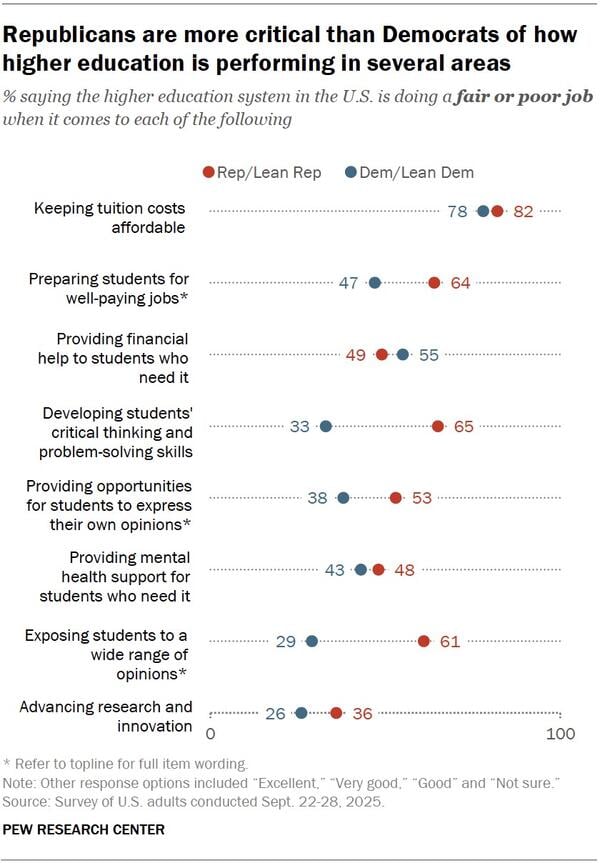


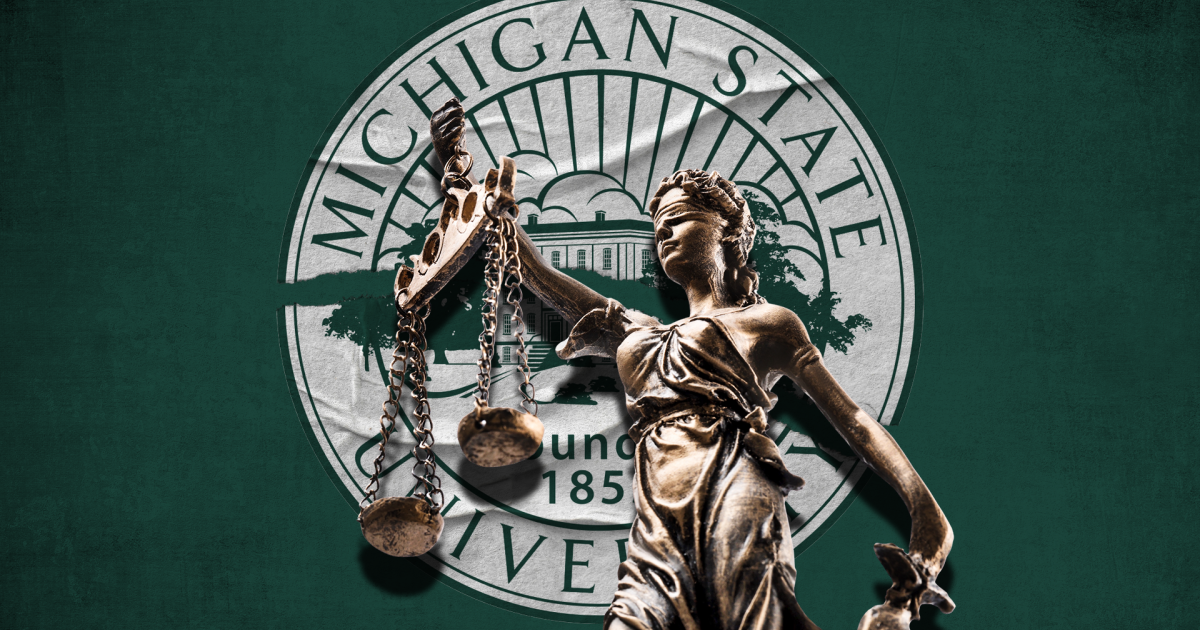


 Logistics & Supply Chain and the Garatoni School of Entrepreneurship and Innovation at Ivy Tech Community College. With a lifelong passion for
Logistics & Supply Chain and the Garatoni School of Entrepreneurship and Innovation at Ivy Tech Community College. With a lifelong passion for 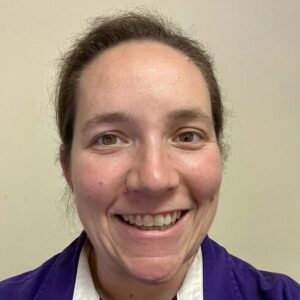 Samantha Candler is a General Motors World Class Technician with 18 years of experience in the
Samantha Candler is a General Motors World Class Technician with 18 years of experience in the  experienced educator. With a decade’s worth of experience teaching various
experienced educator. With a decade’s worth of experience teaching various 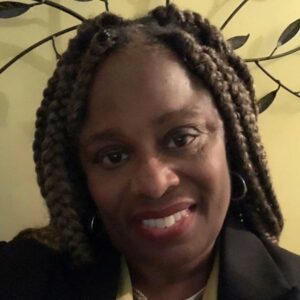 Monica Hampton is a retired cybersecurity officer, an Adjunct Professor of Cybersecurity and Criminal Justice and an Instructional Designer at Benedict College. Monica’s teaching experience stretches far beyond the higher ed classroom, having previously taught firearms and safety, as well as cybersecurity to law enforcement officers at national and local levels. She now brings personal field experience and real-world insights to her students, teaching undergraduate cybersecurity and
Monica Hampton is a retired cybersecurity officer, an Adjunct Professor of Cybersecurity and Criminal Justice and an Instructional Designer at Benedict College. Monica’s teaching experience stretches far beyond the higher ed classroom, having previously taught firearms and safety, as well as cybersecurity to law enforcement officers at national and local levels. She now brings personal field experience and real-world insights to her students, teaching undergraduate cybersecurity and 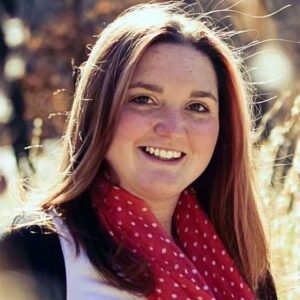 Community Health Department at Mercyhurst University. Her experience spans across undergraduate, graduate and study abroad programs, where she teaches multiple courses, both online and in-person. Some of those courses include Methods and Social Science Statistics. Holding a Ph.D. in criminology from Indiana University of Pennsylvania, EmmaLeigh’s focus has been primarily within the higher ed sphere. Yet, she’s also a leading example of how to enact meaningful community-based change outside the classroom. She currently serves on the executive board for the Northeastern Association of Criminal Justice Sciences and is the faculty advisor of the Criminal Justice Association. EmmaLeigh’s various outreach efforts and contributions represent her resolution to make a difference.
Community Health Department at Mercyhurst University. Her experience spans across undergraduate, graduate and study abroad programs, where she teaches multiple courses, both online and in-person. Some of those courses include Methods and Social Science Statistics. Holding a Ph.D. in criminology from Indiana University of Pennsylvania, EmmaLeigh’s focus has been primarily within the higher ed sphere. Yet, she’s also a leading example of how to enact meaningful community-based change outside the classroom. She currently serves on the executive board for the Northeastern Association of Criminal Justice Sciences and is the faculty advisor of the Criminal Justice Association. EmmaLeigh’s various outreach efforts and contributions represent her resolution to make a difference.

